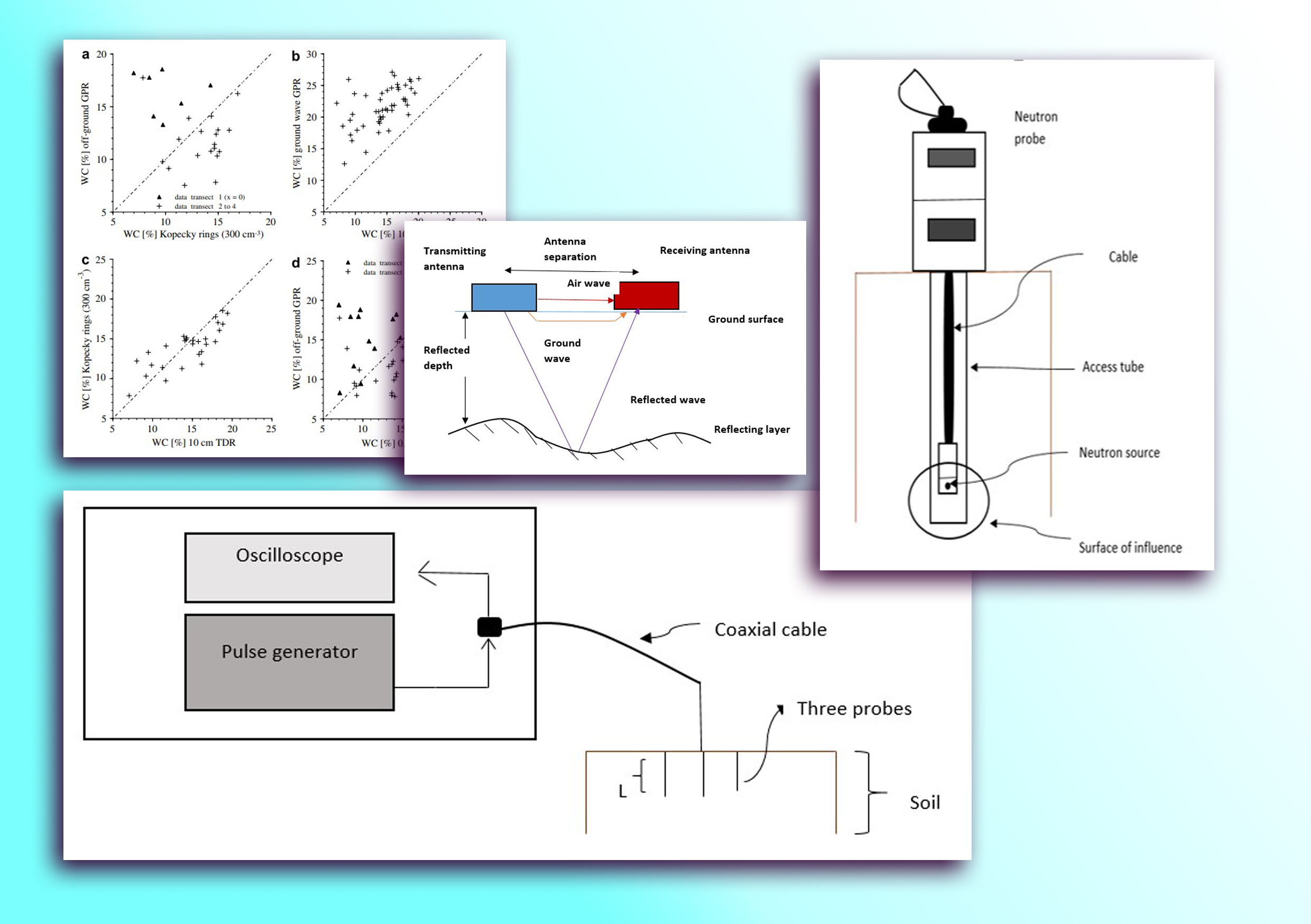A Review-Comparison of Different Soil Water Content Estimation Methods
##plugins.themes.academic_pro.article.main##
Abstract
Soil water content (SWC) is one of the foremost ecological factors affecting the natural ecosystem. It is the principal constituent of plant protoplasm and vital to soil formation. Therefore, continuous monitoring of SWC is essential. Furthermore, information on the SWC measurements is important to various fields like hydrology, agriculture, environmental studies, etc. In past decades, researchers have employed different methods to measure the SWC in laboratories and in-situ conditions. Therefore, a large body of knowledge is available on the theory and applications of the methods of SWC measurements. This study based aims to critically evaluate the several SWC measurement techniques such as Gravimetric, Time domain reflectometry (TDR), Frequency domain reflectometry (FDR), Ground penetrating radar (GPR), Neutron scattering, Tensiometry and Gamma-ray attenuation method including both advantages and disadvantages, physical principles and limitations. Furthermore, SWC measurements have been compared to each other based on the past research findings. This study will be useful to compare available methods to measure SWC for soil scientists and researchers, to develop new techniques to estimate the SWC and to further modifying available SWC measurement techniques.

